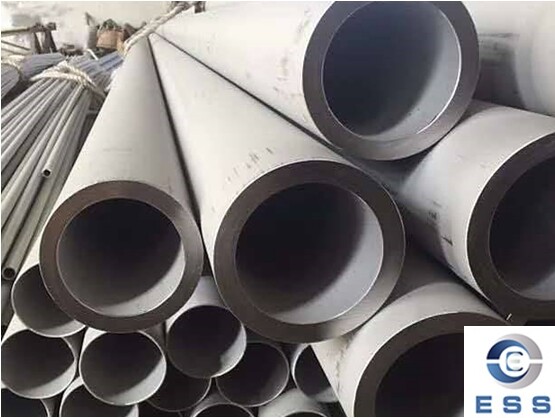
Boiler
tube generally does not necessarily burst, but if they are not maintained,
inspected and managed, factors such as pipeline aging corrosion or excessive
temperature may cause the pipes to burst. Why do boiler tubes burst? How to
effectively prevent it?
Causes of boiler tube bursting
The reasons for boiler tube bursting are
very complicated, mainly related to the following factors:
1. High temperature and high pressure
During the operation of the boiler, water
evaporates under high temperature and high pressure to produce steam, which
increases the pressure and temperature of the boiler tube.
2. Corrosion
Long-term operation and untimely
maintenance will accumulate rust on the inner wall of the boiler tube,
aggravating the aging and corrosion of the pipe. Compared with seamless
steel pipe, boiler tubes with seams are more prone to corrosion at the
gaps.
3. Negligent operation
Negligent operation may cause pipe
bursting, such as failure to check the pipe in time, properly handle scale, and
control the water level too high or too low.
4. Thermal expansion and contraction
The pipe expands and contracts with the
change of temperature. If the support is unstable or the pipe deformation
exceeds its bearing capacity, it may burst.
Hazards of boiler tube bursting
1. Personal safety risk
Once a bursting accident occurs, it may
cause safety accidents such as explosion and fire, which seriously threatens
the safety of personnel.
2. Environmental pollution
Steam leakage may cause air pollution and
even affect the safety of the surrounding environment.
3. Equipment damage and economic losses
The rupture of the boiler tube may affect
the operation of the entire boiler system, the cost of repair or replacement is
high, and it will also cause the company to stop working and lose money.
Emergency rescue measures for boiler
tube bursting
1. Immediate shutdown and cut off energy
Quickly cut off the power supply and gas,
stop the boiler operation, and prevent further damage. If there is a steam
leak, immediately reduce the boiler load to prevent the pressure from
continuing to rise.
2. Ensure the safety of personnel
Notify the on-site personnel to evacuate,
ensure the safety of personnel, and avoid being scalded by high-temperature
steam or hot water.
3. Close the relevant valves
Close the inlet and outlet valves, and open
the water valve to release the water pressure in the boiler and reduce the
pressure on the pipe.
4. Perform temporary repairs
Use emergency repair tools (such as
universal belts, quick pipe belts, etc.) to urgently repair leaking pipes,
reduce the amount of water leakage, and avoid further accidents.
Methods to prevent boiler tube bursting
1. Regular maintenance and inspection
Maintain the pipeline, conduct regular
pipeline inspections, and repair problems in time. Regularly check the
appearance, thickness, corrosion, and sealing of the boiler tube with the pipe flange,
etc., to promptly identify potential problems and deal with them.
2. Prevent corrosion and scale
accumulation:
Remove scale and dirt in the pipeline to
prevent corrosion, keep the pipe wall smooth, and prevent local overheating and
corrosion.
3. Standardize operations to ensure safety
Use a reliable control system to ensure its
reliability and ensure that the operator has certain professional knowledge and
skills.
4. Select high-quality materials and
designs
Improve the structural design, material
selection, and welding process of the boiler tube to enhance its bearing
capacity.
5. Consult professional technicians
Consult professional technicians and select
suitable models and specifications according to the requirements of use.
Conclusion
The key to safe operation of boiler tubes
lies in timely maintenance, inspection and management. Strengthening the
maintenance and inspection of boiler tubes is necessary and important to
prevent boiler tube bursts. Only by reducing pipeline failures and increasing
the service life of boiler tubes can the safe operation of equipment be better
guaranteed.













 Eastern Steel Manufacturing Co.,Ltd not only improve product production and sales services, but also provide additional value-added services. As long as you need, we can complete your specific needs together.
Eastern Steel Manufacturing Co.,Ltd not only improve product production and sales services, but also provide additional value-added services. As long as you need, we can complete your specific needs together.










